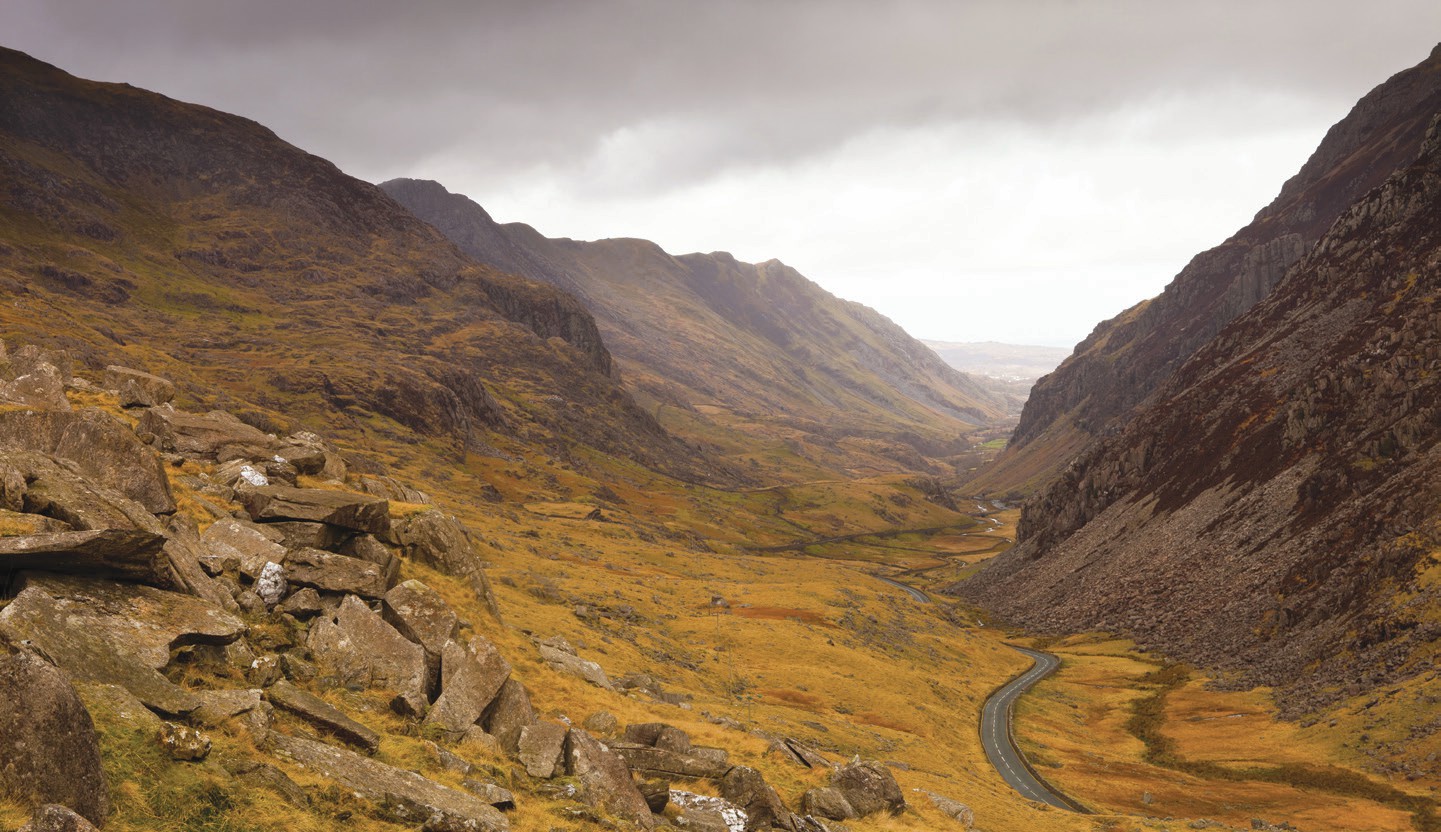
If you have travelled overseas for a holiday your first impression of a new landscape might have come as the aircraft descended over your destination. You might have seen fields, beaches, roads, villages as well as an airport in the distance. Underlying this complex of surface features are the rocks that have been formed and changed over millions of years. Understanding how landscapes evolve and change is important locally as well as globally, and can provide a rich seam for the independent investigation.
Investigating a topic or theme related to landscape requires some good research skills to access secondary information. You might use an academic paper (or its abstract), you might use GIS to provide different types of geological and morphological map. A central question for such an investigation is often ‘why is a landscape like that?’
Your organisation does not have access to this article.
Sign up today to give your students the edge they need to achieve their best grades with subject expertise
Subscribe




